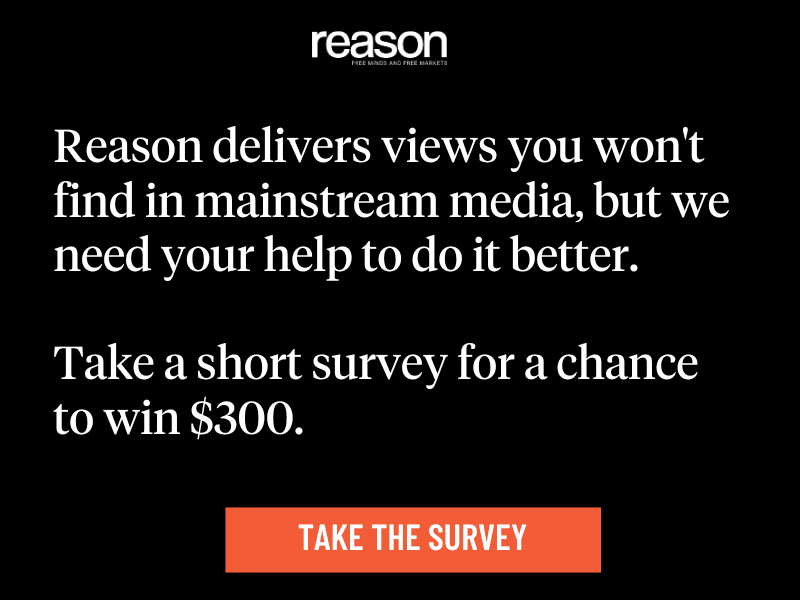ObamaCare: Work More, Get Less?
In The Wall Street Journal, Stanford University's Daniel Kessler explains how ObamaCare's health insurance subsidy structure creates cut off points in family income that discourage work:
Starting in 2014, subsidies will be available to families with incomes between 134% and 400% of the federal poverty line. (Families earning less than 134% of poverty are eligible for Medicaid.) For example, a family of four headed by a 55-year-old earning $31,389 in 2014 dollars (134% of the federal poverty line) in a high-cost area will get a subsidy of $22,740. This will cover 96% of an insurance policy that the Kaiser Family Foundation predicts will cost $23,700. A similar family earning $93,699 (400% of poverty) gets a subsidy of $14,799. But a family earning $1 more—$93,700—gets no subsidy.
Economists call large, discontinuous changes in program benefits like this "notches." Although notches might be administratively convenient, they have terrible incentive effects. As Prof. Raj Chetty of Harvard points out in a recent National Bureau of Economic Research working paper, prior research on notches show that they induce sharp reductions in labor supply.
Consider a wife in a family with $90,000 in income. If she were to earn an additional $3,700, her family would lose the insurance subsidy and be more than $10,000 poorer. In addition, she would also pay more in income and Social Security taxes. Taken together, these policies impose a substantial punishment on work effort.
For families in danger of crossing the threshold of a notch, the deal ObamaCare offers is depressingly straightforward: Work more, get less. Most people, if they're thinking about it, won't take that deal. And so families will avoid work in order to keep their benefits. Meanwhile, other families may notice those benefits:
Notches also lead to unfairness. The principle that families of the same size with similar incomes should be treated similarly by tax law and transfer programs has deep philosophical roots and appeals to basic notions of equity. The notch turns this principle on its head. Next-door neighbors with virtually identical circumstances could receive very different levels of government assistance, depending on which side of the notch they happen to fall. This feature will justifiably increase public cynicism about the law and government in general.
I continue to think that the inherent unfairness in the subsidy structure is going to be a serious political problem. Two essentially identical families—living on the same block, with the same family size, and yearly income that varies by less than a few thousand dollars—will nonetheless receive dramatically different benefits under the law. It won't take long before the complaints reach Congress. When they do, well, I don't foresee many members of Congress arguing that the situation should be remedied by taking the subsidies away from everyone.




Show Comments (115)